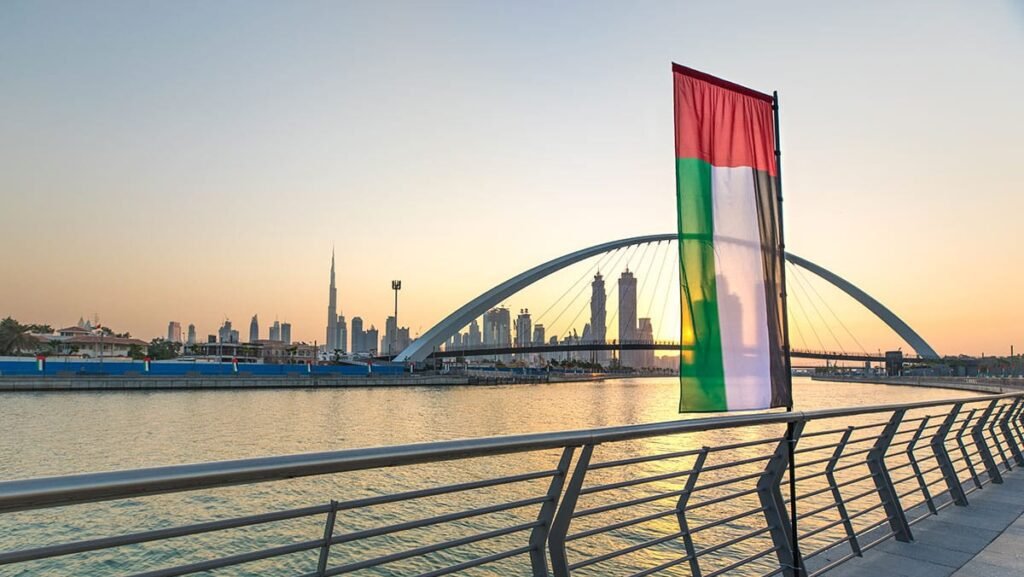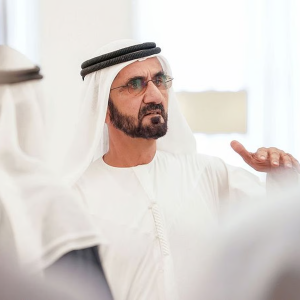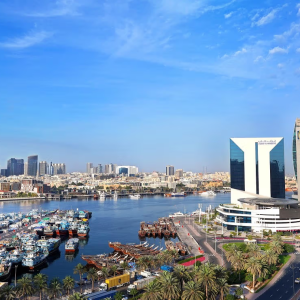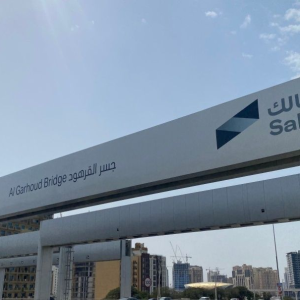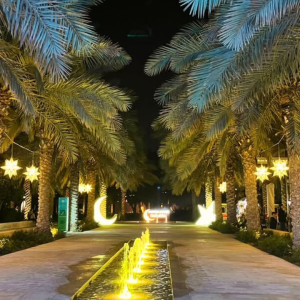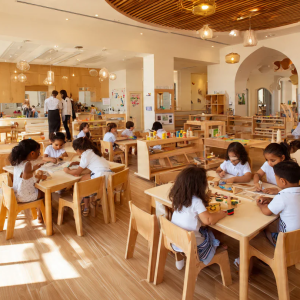In a bold move that’s grabbing global attention, Dubai has announced a transformative shift in its government work structure: a four-day workweek and flexible summer hours for select public sector employees. This exciting development is part of the emirate’s ongoing effort to improve employee well-being, boost productivity, and pioneer innovative workplace practices.
This progressive change will take effect from July 1 to September 12, aligning with the scorching summer months when temperatures regularly push past 45°C. The initiative comes under the banner of “Our Flexible Summer” and reflects a deeper commitment by the Dubai government to human-centric, sustainable work models.
The New Workweek Model: Two Flexible Options
Under the new policy, participating government employees can choose between two flexible workweek formats:

- Option 1: A four-day week — Monday to Thursday — working eight hours per day and taking Fridays completely off.
- Option 2: A compressed five-day week — Monday to Thursday at seven hours per day, with a half-day on Friday.
Both options retain the standard 40-hour workweek, ensuring that work output remains consistent while giving employees more freedom to structure their time and enjoy extended weekends or early finishes.
A Forward-Thinking Response to Summer Challenges
The decision to introduce flexible work options during the summer is particularly well-timed. Dubai’s extreme seasonal climate not only affects comfort and health but also impacts commute times, traffic conditions, and productivity. With this new policy, the government aims to ease the physical and psychological burden on employees by giving them more control over their time.

This isn’t just a seasonal perk — it’s a signal of where the future of work in the UAE might be heading.
A Proven Concept: Building on Previous Success
This year’s rollout isn’t coming out of the blue. In fact, it builds on the success of a 2024 pilot initiative that involved 21 government entities. That pilot revealed significant improvements in staff morale, efficiency, and overall job satisfaction. Feedback indicated employees were more focused, took fewer sick days, and reported feeling more energized and committed to their roles.
Importantly, government services continued without disruption, proving that flexible hours don’t mean sacrificing performance or availability. In fact, many departments saw enhanced efficiency and quicker turnaround times.
Putting People First: The Human Factor
What makes this announcement truly meaningful is the underlying message: people come first. The government has emphasised its commitment to fostering a work environment that supports mental health, work-life balance, and personal growth. This initiative is about more than clocking in and out — it’s about creating a thriving, resilient public sector workforce.
The flexible model also aligns with Dubai’s broader strategy of cultivating a “happy city” where the well-being of citizens and employees drives progress. In a time when burnout is a global concern, such initiatives serve as a welcome antidote.
Cultural Shift: From Time Management to Energy Management
This change in structure isn’t just administrative — it’s cultural. It marks a shift in how work is perceived, moving from traditional time-based management to energy-based and outcome-driven productivity. Employees are being empowered to manage their work in a way that suits their energy levels, family responsibilities, and commuting challenges.

It’s not about working less — it’s about working smarter.
The dual-option system also prevents a one-size-fits-all approach, which is often a major flaw in rigid workplace reforms. By giving employees the freedom to choose, Dubai is fostering a sense of autonomy, which is strongly linked to higher engagement and satisfaction.
Supporting Families, Reducing Stress
Another major win? The benefits to families.
Longer weekends or shorter Fridays mean more time with loved ones. This can significantly ease the stress of juggling professional responsibilities with parenting, caregiving, or personal development. Employees with children out of school during summer holidays will find it easier to plan activities, vacations, and quality bonding time.
More than just a work perk, the new policy becomes a tool for strengthening community ties and family stability — cornerstones of a resilient society.
Easing the Commute, Reducing Congestion
Flexible working hours are also expected to ease the pressure on Dubai’s roads. By staggering start and end times or reducing the number of commuting days, the city could see a measurable reduction in peak-hour traffic.
This not only enhances the quality of life for employees but also supports broader environmental and sustainability goals. Fewer cars on the road mean lower emissions and less urban stress.
Could This Become the New Normal?
While the flexible summer schedule is officially a seasonal initiative, it’s clear that Dubai is testing the waters for more permanent change. Many observers see this as a potential stepping stone toward year-round flexibility, particularly in sectors where remote work and task-based performance models are viable.
If successful, the initiative could serve as a blueprint for other emirates or even private sector companies. With the global conversation shifting toward hybrid and flexible work, Dubai is once again showing it’s not afraid to lead from the front.
Economic and Talent Retention Benefits
From a strategic standpoint, this move also makes economic sense. In a global talent war, particularly in sectors like technology, healthcare, and public services, flexibility is now a major factor in attracting and retaining top professionals.
Dubai already enjoys a strong reputation as a hub for innovation and quality of life. By showcasing itself as a place that values both ambition and balance, it sends a powerful message to global jobseekers and investors alike: this is a city that gets it.
What Employees Can Expect
For employees eligible for the new schedule, implementation will be handled departmentally, based on operational requirements. Teams will be divided to ensure uninterrupted services while enabling as many staff as possible to take advantage of the scheme.
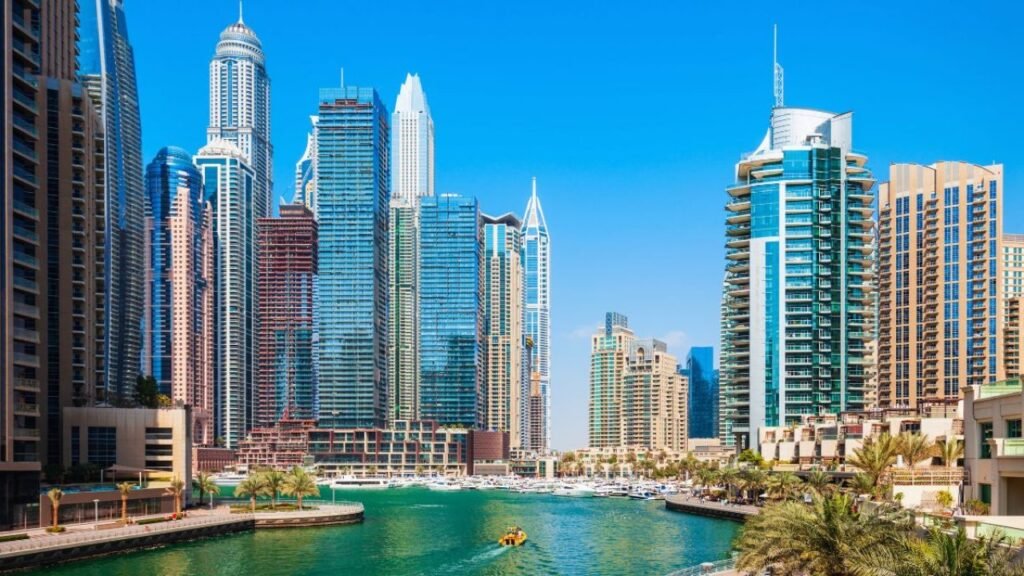
HR departments will coordinate with employees to discuss preferences and ensure a smooth transition. It’s a thoughtful, inclusive approach that aims to balance flexibility with accountability.
A Win-Win Model
Perhaps what’s most inspiring about this announcement is that it’s not designed to favor the employee at the expense of the institution — or vice versa. It’s a genuine win-win, built on the understanding that happy, well-rested employees perform better, serve better, and contribute more meaningfully to the public good.
By investing in employee happiness, Dubai is investing in better governance, stronger services, and a more motivated workforce.
Looking Ahead
Whether this flexible approach will be adopted long-term remains to be seen, but the early signs are promising. As cities around the world grapple with how to reinvent work in the post-pandemic era, Dubai is stepping forward with solutions, not just conversations.
If nothing else, the “Our Flexible Summer” initiative proves that the future of work isn’t about clocking more hours — it’s about unlocking more value. Value for the individual, for the organization, and for society at large.
And Dubai is proving once again that progress isn’t just about technology or infrastructure. Sometimes, the most powerful change starts with simply rethinking the week.
Do follow UAE Stories on Instagram
Read More: Metro Blue Line to Turn Infrastructure into Wealth Generator, Says fäm Properties CEO

